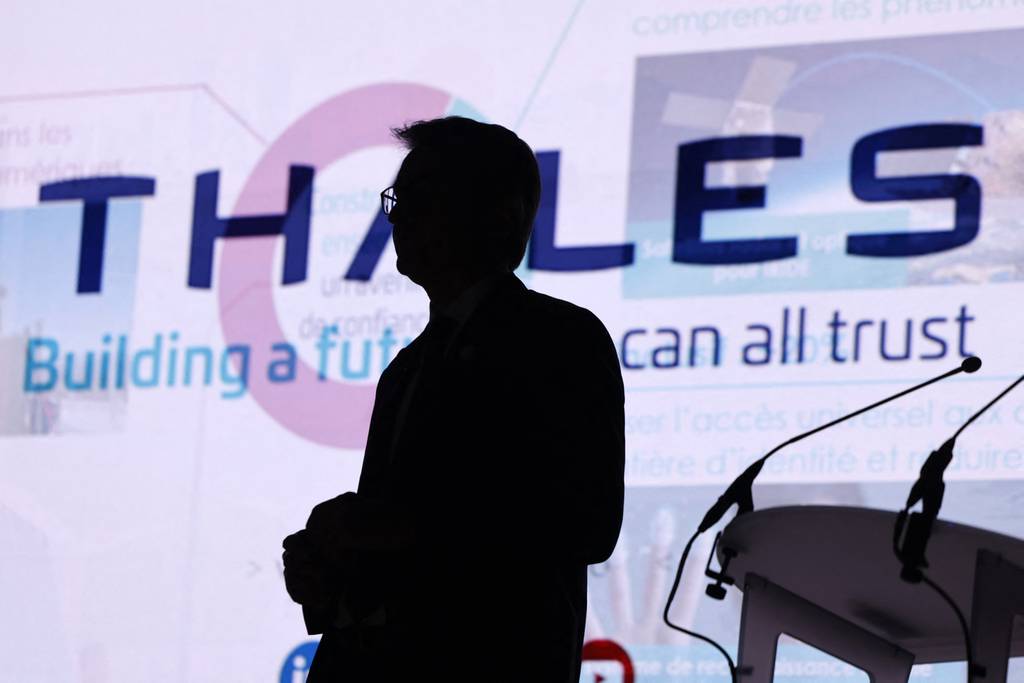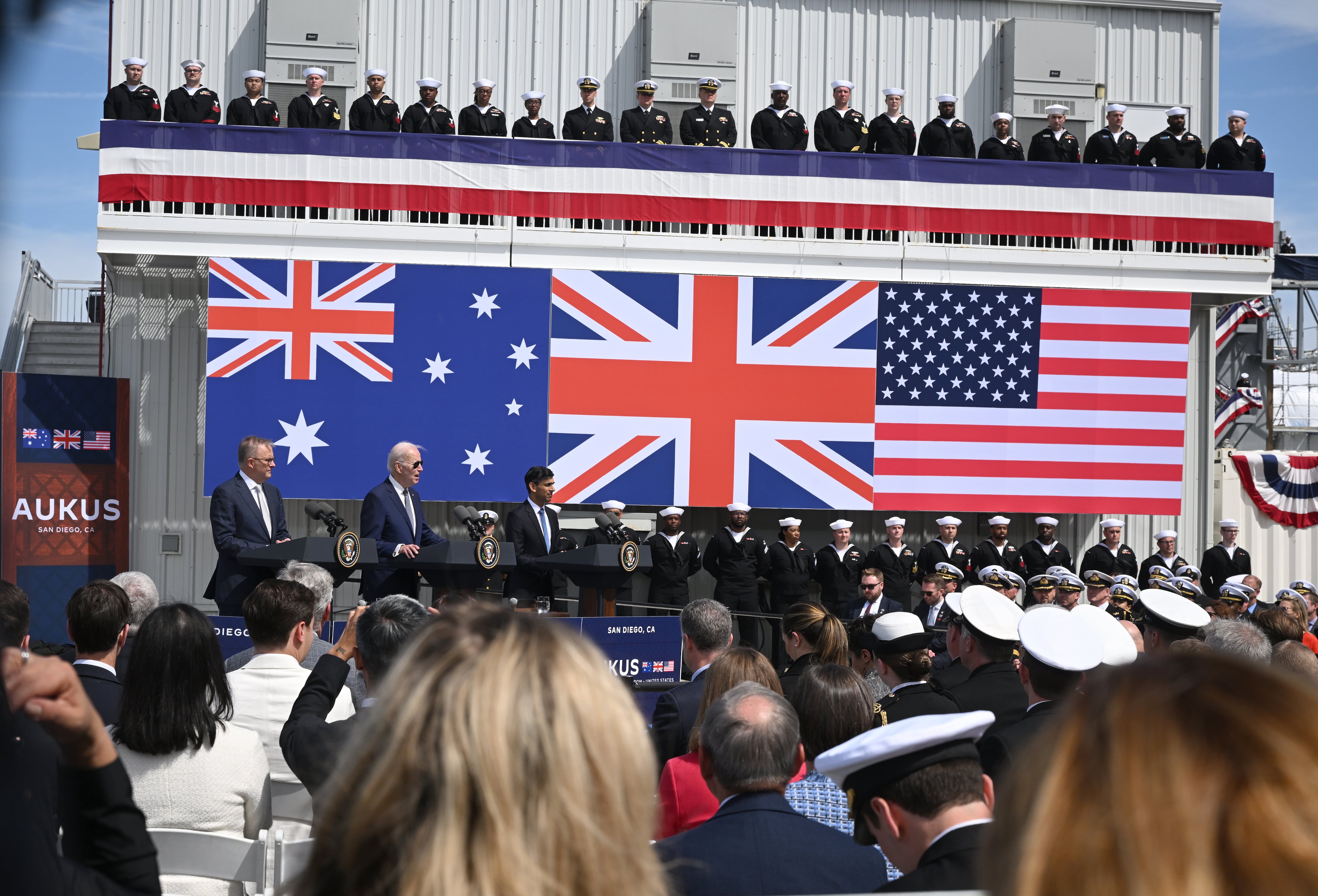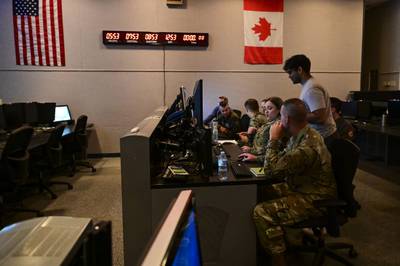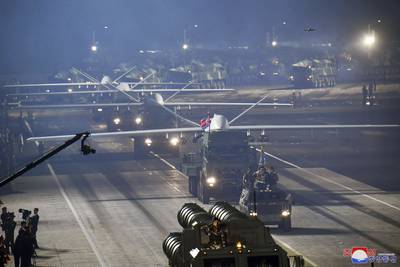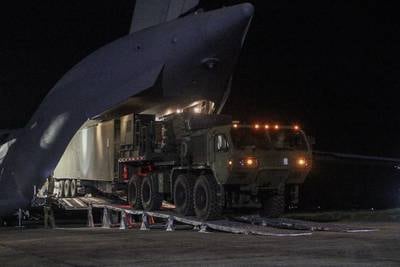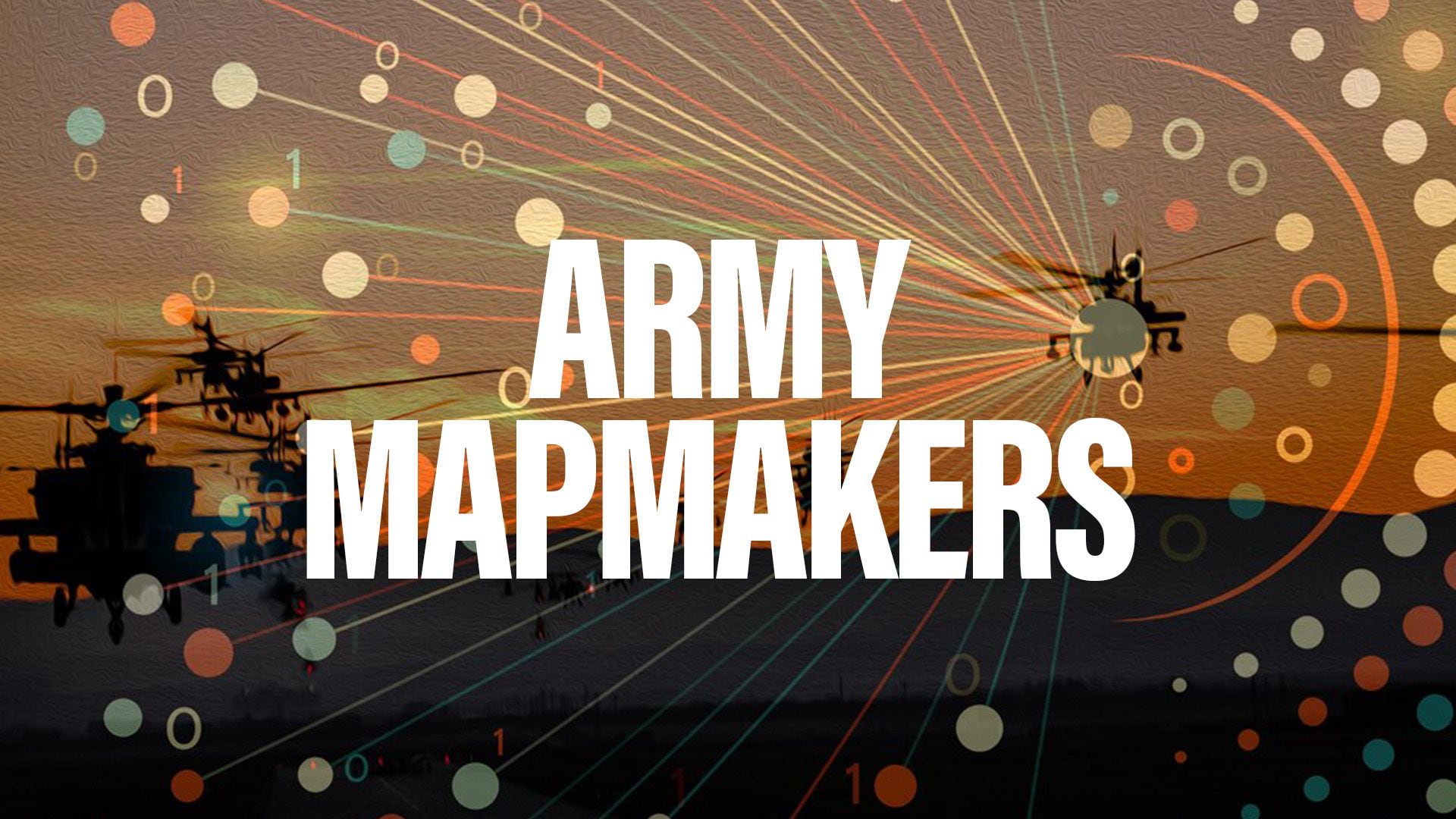PARIS — The French Navy took delivery of its first serial-produced, quantum-technology sensor this year, a quantum gravimeter used for mapping the seabed, the head of the country’s defense innovation agency AID said. Future uses of such sensors could be for navigation or detecting enemy submarines.
The agency is also working with Thales on quantum sensors for electronic warfare that will allow monitoring of a broad swath of the electromagnetic spectrum, Patrick Aufort, the head of the agency, told Defense News at last week’s Eurosatory defense show in Paris. Those sensors will be available within the next five years, he said.
France in 2022 earmarked €1.8 billion, or U.S. $1.93 billion, to develop quantum technologies, a rapidly evolving field that exploits the laws of quantum physics to create new forms of computing, communication and sensing. Quantum gravimeters measure falling, laser-cooled atoms to detect tiny variations in gravitational pull, which could be used to detect the mass of an adversary submarine. There are no methods for submarines to shield themselves from such sensors, according to a 2020 policy brief from the European Leadership Network.
The gravimeter “is particularly useful for the first applications we’re doing here, mapping the seabed,” Aufort said. “But afterward, we can imagine other uses for the gravimeter, notably for positioning, notably for detecting the existence of a cavity on the seabed.”
French defense-procurement agency DGA has been funding work by the French national aerospace research office Onera on quantum gravimeters since 2006, with a first demonstrator in 2016. The office has worked with France’s Muquans, now part of the technology firm Exail, to industrialize the production of the gravimeter.
The second development France is working on is quantum-based, electronic-warfare sensors, which will allow for a higher probability of intercepting emissions in the electromagnetic spectrum, including radar and communications, according to Aufort.
“Quantum technologies allow you to have both a much better resolution on what you’re going to detect and, above all, to have instant detection over a very wide bandwidth,” Aufort said. “You have access to much greater bandwidths, and so a higher probability of interception, because emissions are in fact fleeting.”
Quantum-based electronic warfare sensors can use laser-cooled quantum bits that interact with any incoming electromagnetic waves, measuring tiny changes in a qubit’s quantum state. Today’s analysis relies on rotating through different bands to monitor the entire spectrum.
France is working in particular with Thales on such quantum sensors, which are “a question of, I’m not going to say months, but years, in the next five years,” Aufort said.
The head of the defense innovation agency said quantum computers are also a “question of years,” and they may be a mix of traditional high-performance computing with a quantum part. The DGA in March awarded contracts to five domestic computer research startups to develop technology that will allow France to have two universal quantum computer prototypes by 2032.
Rudy Ruitenberg is a Europe correspondent for Defense News. He started his career at Bloomberg News and has experience reporting on technology, commodity markets and politics.
